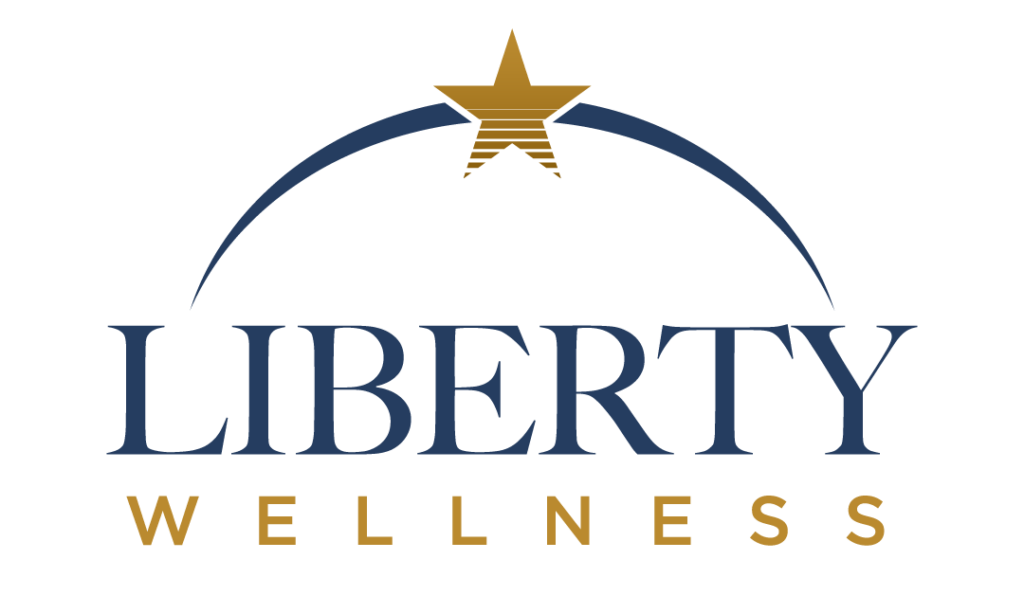Alcoholism is a complex and chronic disease that affects millions of people worldwide. It can significantly affect physical and mental health, relationships, and well-being. Alcoholism is a multifaceted condition with many triggers, making it challenging to recognize and overcome. However, breaking the cycle of alcoholism is possible with the right tools and support. Whether you’re struggling with alcoholism or know someone who is, understanding the triggers of alcoholism is essential.
With Liberty Wellness, clients can learn to identify their alcohol triggers and overcome those challenges with the dedicated support of medical professionals and peers in supportive group settings. Our comprehensive treatment plans support client goals and encourage personal growth.
Learn more about the triggers of alcoholism at our Drug and Alcohol Rehab Center in Berlin, NJ.
Understanding Alcoholism
Alcoholism, also known as alcohol use disorder (AUD), is a chronic disease characterized by uncontrolled drinking, compulsive alcohol use, and a strong desire to drink despite negative consequences. Alcoholism is a complex condition that affects the brain, making it challenging to quit drinking even when faced with adverse effects. In addition, people with alcoholism may experience physical dependence on alcohol, withdrawal symptoms when they stop drinking, and a preoccupation with alcohol that interferes with their daily activities.
Alcoholism can have severe consequences on one’s health, including liver disease, heart disease, cancer, and mental health issues such as depression and anxiety. It can also affect one’s relationships, career, and overall quality of life. If you or someone you know is struggling with alcoholism, seeking help and support is essential to overcome this disease.
What Are triggers?
Triggers are events, situations, or emotions that can prompt a person to drink. They are often associated with stress, anxiety, and negative emotions but can also be related to positive emotions such as celebration or socializing. Triggers can be internal, such as thoughts and feelings, or external, such as people, places, or things. Understanding your triggers is essential to avoiding or managing them and preventing relapse.
Common triggers of alcoholism
Several common triggers of alcoholism can make it challenging to maintain sobriety. Some of the most common triggers include:
Stress
Stress is a significant trigger for many people struggling with alcoholism. Stressful situations at work, relationship problems, or financial difficulties can all trigger the desire to drink. People with alcoholism may use alcohol to cope with stress, but this can quickly lead to addiction.
Social situations
Social situations can also be a trigger for alcoholism. Parties, bars, and other events where alcohol is present can be challenging for people with alcoholism to resist. Peer pressure from friends or family members can also contribute to the temptation to drink.
Emotions
Negative emotions such as anxiety, depression, and anger can trigger the desire to drink. Alcohol can temporarily relieve these emotions, which can quickly become a habit.
Boredom
Boredom can be a significant trigger for alcoholism, especially for people who have recently quit drinking. Without alcohol, people may struggle to find activities to fill their time, leading to the temptation to drink.
Habits
Habits can also be a trigger for alcoholism. If drinking has become a daily or weekly habit, breaking the cycle and resisting the urge to drink can be challenging.
How to recognize your triggers
Recognizing your triggers is essential to avoiding or managing them. Being honest about what situations or emotions make you want to drink is essential. Keep a journal of your thoughts and feelings when you have the urge to drink, and try to identify any patterns or triggers contributing to your alcohol use.
Pay attention to your physical and emotional reactions to certain situations. For example, if you’re feeling anxious or stressed in specific situations, such as work meetings or family gatherings, these may trigger you. Similarly, if you find that you’re feeling bored or restless when you’re alone, this may be a trigger for you to drink.
Coping mechanisms for dealing with triggers
Once you’ve identified your triggers, developing coping mechanisms to manage them is essential. Here are some strategies that can help:
- Practice relaxation techniques
- Stay busy
- Avoid triggers
- Seek support
- Use the 4 D’s – Delay, Distract, Deep breathing, and Drink water.
Overcoming triggers of alcoholism
Overcoming triggers of alcoholism can be challenging, but it’s possible with the right tools and support. If you’re struggling with alcoholism, you can work to overcome triggers by developing a support system, creating a relapse prevention plan, practicing self-care, staying positive, seeking professional help for alcoholism and triggers, attending support groups for alcoholism and triggers, making lifestyle changes to prevent triggers, avoiding alcohol, finding new activities, building healthy relationships, and prioritizing self-care.
Understanding Alcohol Triggers with Liberty Wellness NJ
Alcoholism is a complex and chronic disease that can severely affect one’s health and well-being. At Liberty Wellness, we know that Understanding the triggers of alcoholism is essential to managing this disease and achieving lasting sobriety. Our holistic treatment programs help you recognize your triggers, develop coping mechanisms, seek professional help, and make lifestyle changes. As a result, you can overcome your triggers and break the cycle of alcoholism.
Remember, you’re not alone, and with the right tools and support, you can avoid alcoholism triggers and achieve lasting sobriety with Liberty Wellness.




